
Why HCOs Need a Portfolio Management Approach to AI
No one AI technology will address everything and solve all problems, so systems should prioritize those that promise the greatest value and ROI.

No one AI technology will address everything and solve all problems, so systems should prioritize those that promise the greatest value and ROI.
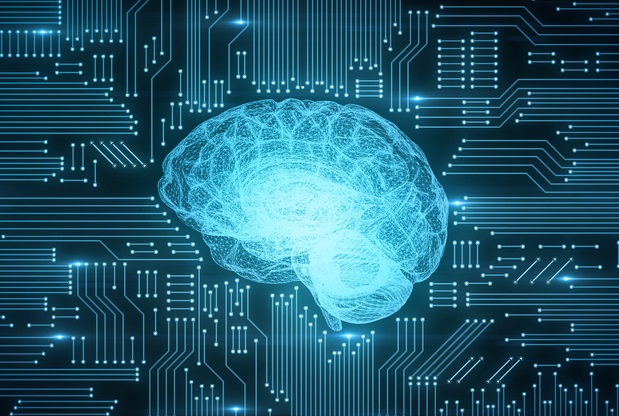
Aidoc pitches its product as a way to more quickly scan and detect potential issues in medical images.
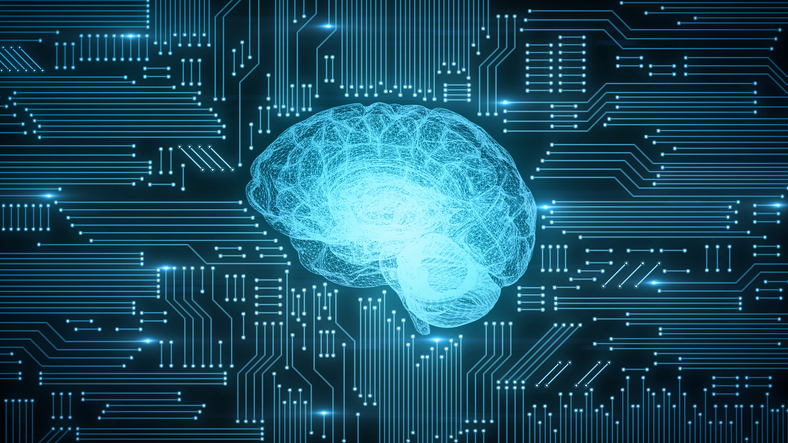
Updates to the company's Clara healthcare platform are trying to make it easier for clinicians to train and adapt deep learning algorithms, while also making the implementation process smoother.
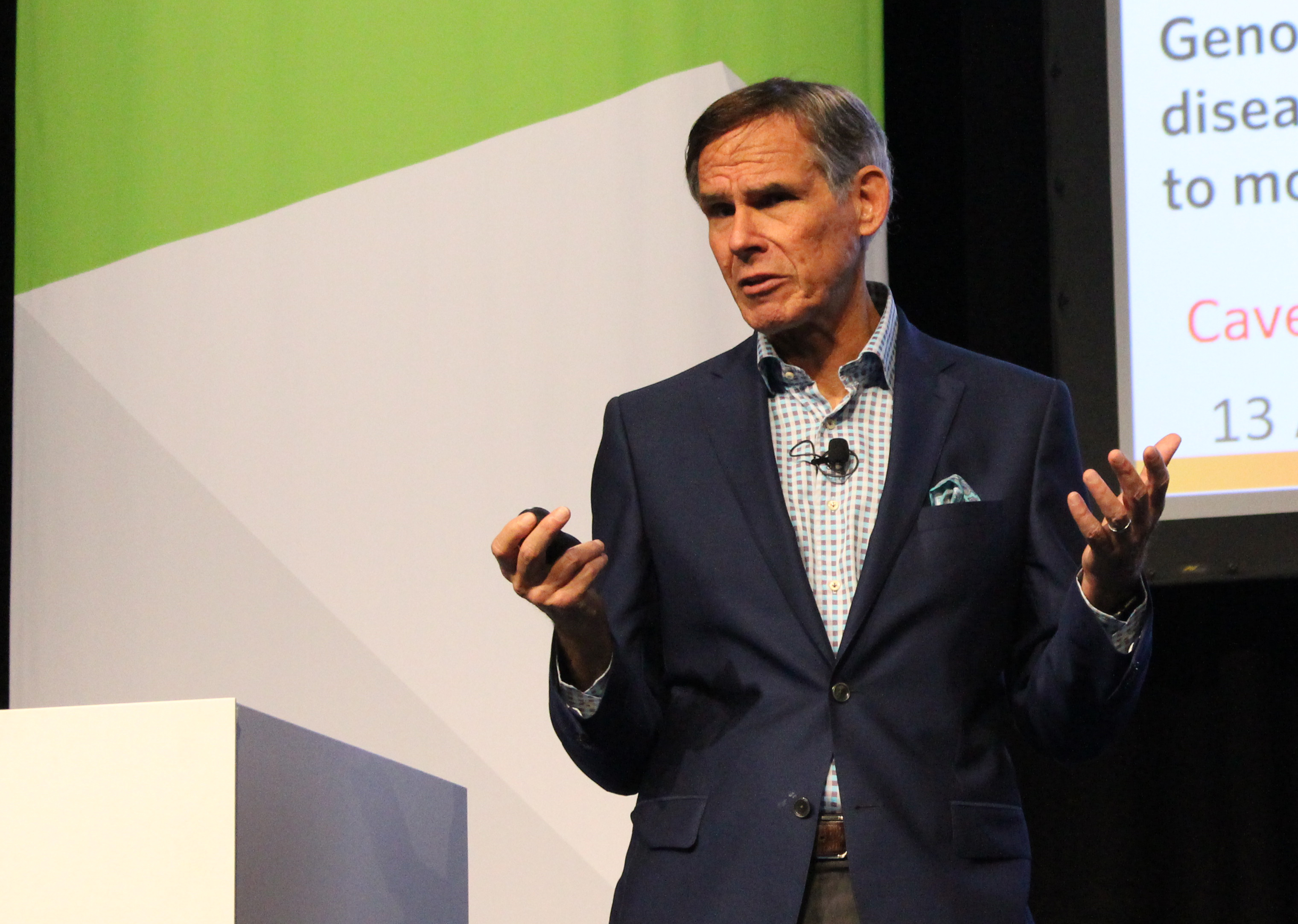
During a presentation at Nvidia's GTC 2019 Conference in San Jose, Topol sketched out a vision of a world where this multi-modal data is collected and assessed from "the pre-womb to the tomb" and run through clinically validated algorithms that can reveal personalized insights and aid in more accurate diagnoses.

The company is hoping to boost the adoption of AI in medical imaging with new software development kits and deals with Ohio State University and the NIH.

In a Q&A, Optum Technology's Kerrie Holley discuses the potential of big data in healthcare, some of the barriers to adoption what can be done to win back the trust of patients.

In a landscape where complexity has long been the norm, the power of one lies not just in unification, but in intelligence and automation.
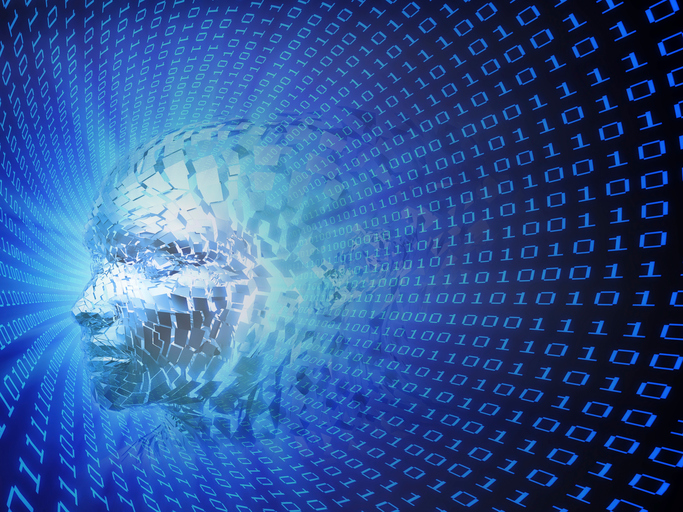
Healthcare CIOs understand that without ready-access to quality data to feed AI engines, the technology is simply not going to work.

AI-for-radiology advances are being developed by and in partnership with radiologists to improve physician workflows and patient care with real-time assessment, point-of-care interventions, faster exam times, and more confident diagnoses.

Machine learning can transform healthcare and but the interoperability barrier is the first domino that needs to fall in order to realize the full scope of its potential.

The Tel Aviv, Israel-based startup is leveraging artificial intelligence and deep learning to improve the radiology workflow. Its technology pinpoints abnormalities in a medical image.

Over a 10-year span, GE Healthcare and Partners HealthCare will be working together to bring artificial intelligence to all parts of the patient journey.
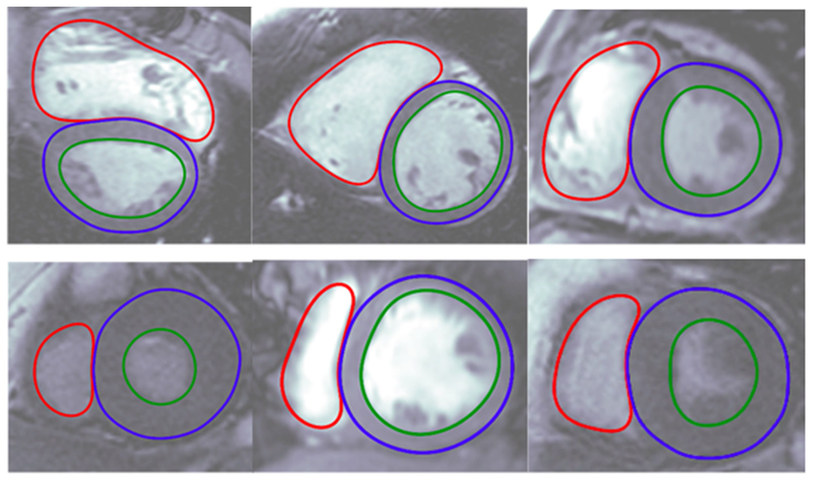
Arterys Inc.’s Cardio DL program applies artificial intelligence to automate tasks that radiologists have been performing manually.

The study underscores both the interest in developing machine learning tools for clinical decision support and making early detection of diabetic retinopathy easier.

Deep Genomics, a new University of Toronto spinout, uses artificial intelligence and deep machine learning to try to mimic the way in which the cell works - and predict whether a person will get a disease or not.